
Learning from Catastrophes
Strategies for Reaction and Response
Recommendation
In terms of insurance payouts, two-thirds of the 25 most expensive disasters in the last 40 years have taken place since 2001. As the global climate changes and more people move to overbuilt and hence more vulnerable cities, the pace of cataclysmic “extreme events” is liable to increase. From the costs related to Iceland’s volcano to the impact of the catastrophic oil spill in the Gulf of Mexico, far too many organizations already face extreme problems. Authors and editors Howard Kunreuther and Michael Useem, both Wharton School professors, join 20 other experts to examine risk assessment and management. Although their book is made up of scholarly essays, getAbstract finds it pertinent and useful. Leaders can apply the directives in this intelligent, informative, thought-provoking volume to develop strategic planning for major catastrophes.
Summary
About the Authors
Howard Kunreuther and Michael Useem are professors at the Wharton School at the University of Pennsylvania. Kunreuther directs the school’s Risk Management and Decision Processes Center and Useem heads its Center for Leadership and Change Management.








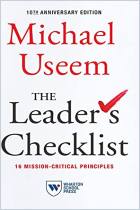
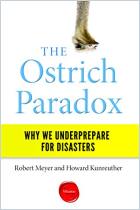
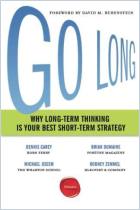
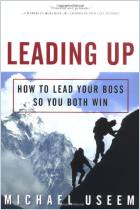
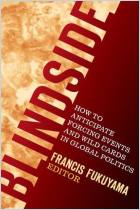
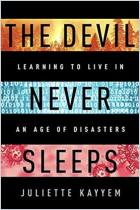
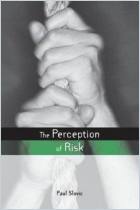
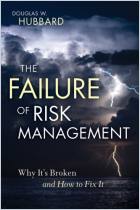
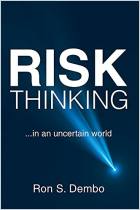
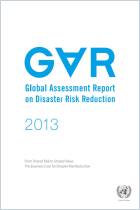

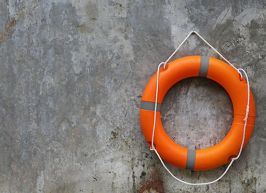




Comment on this summary or Démarrer une discussion